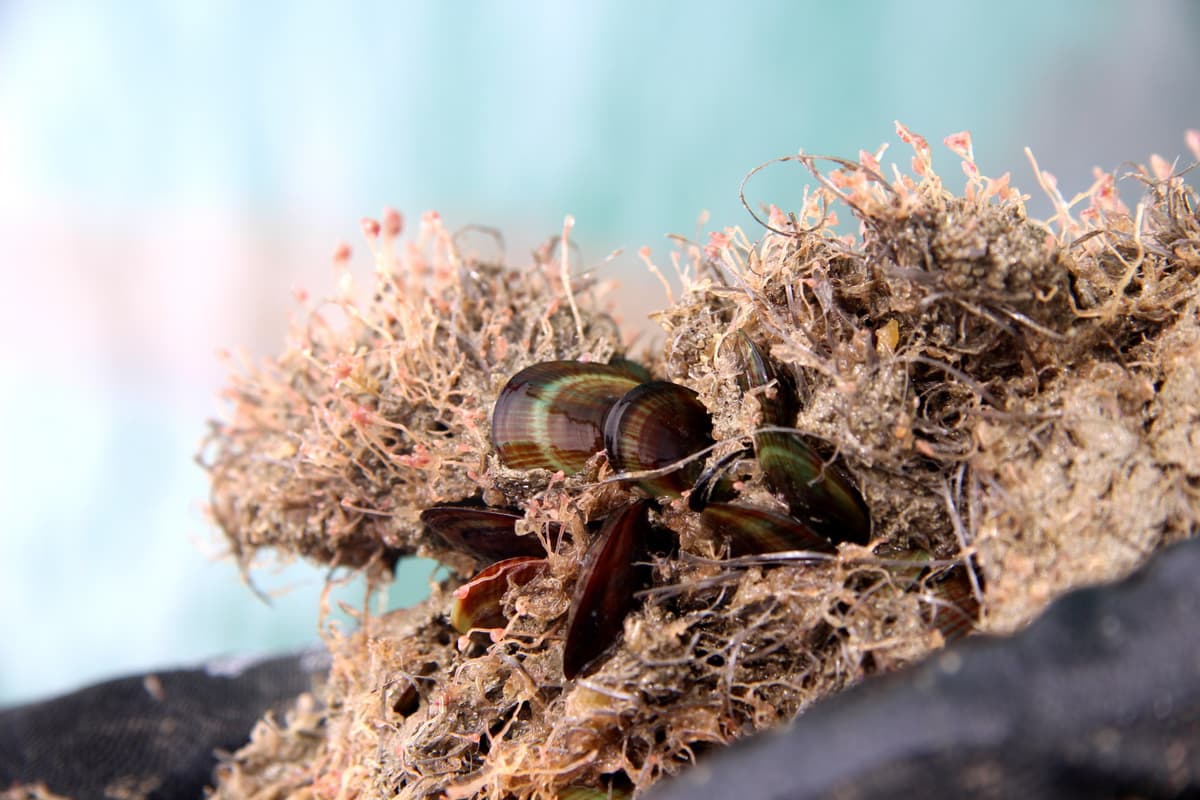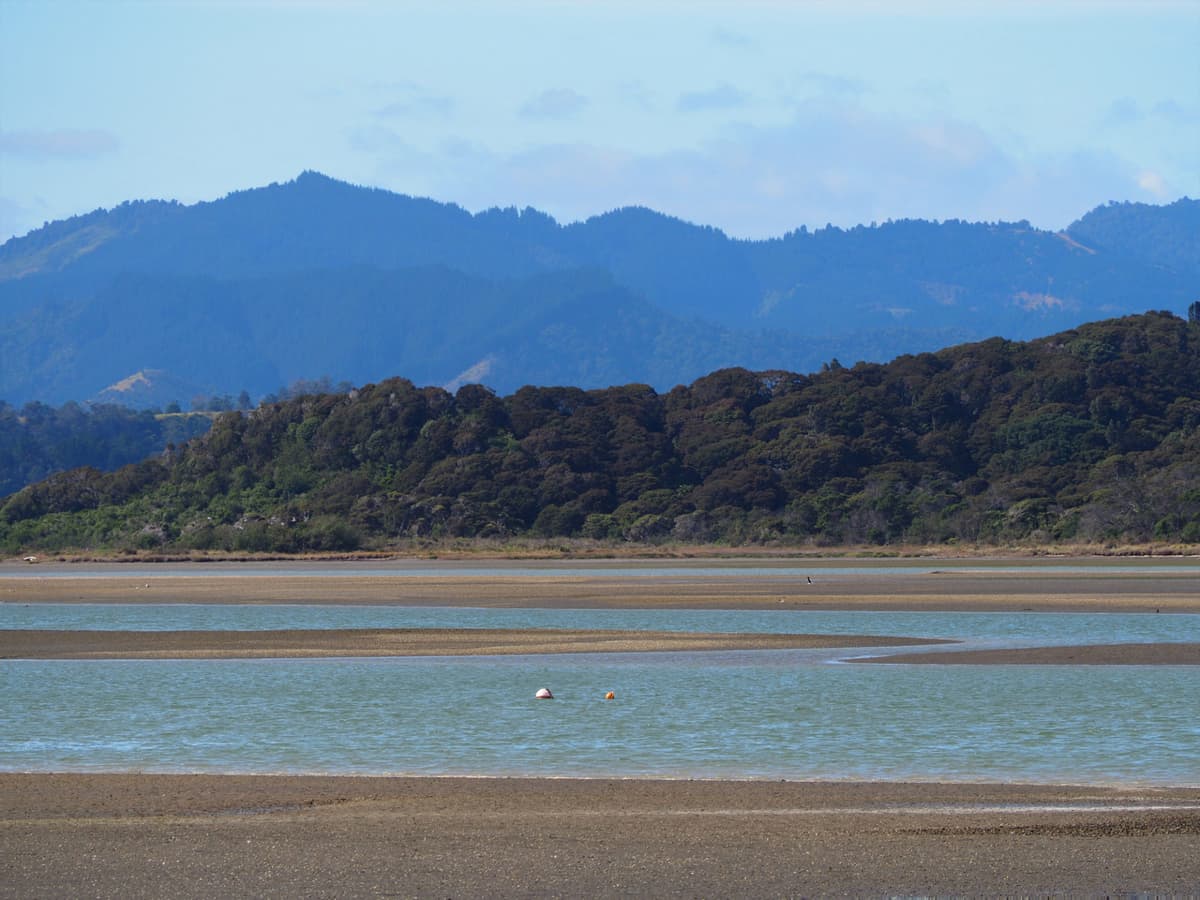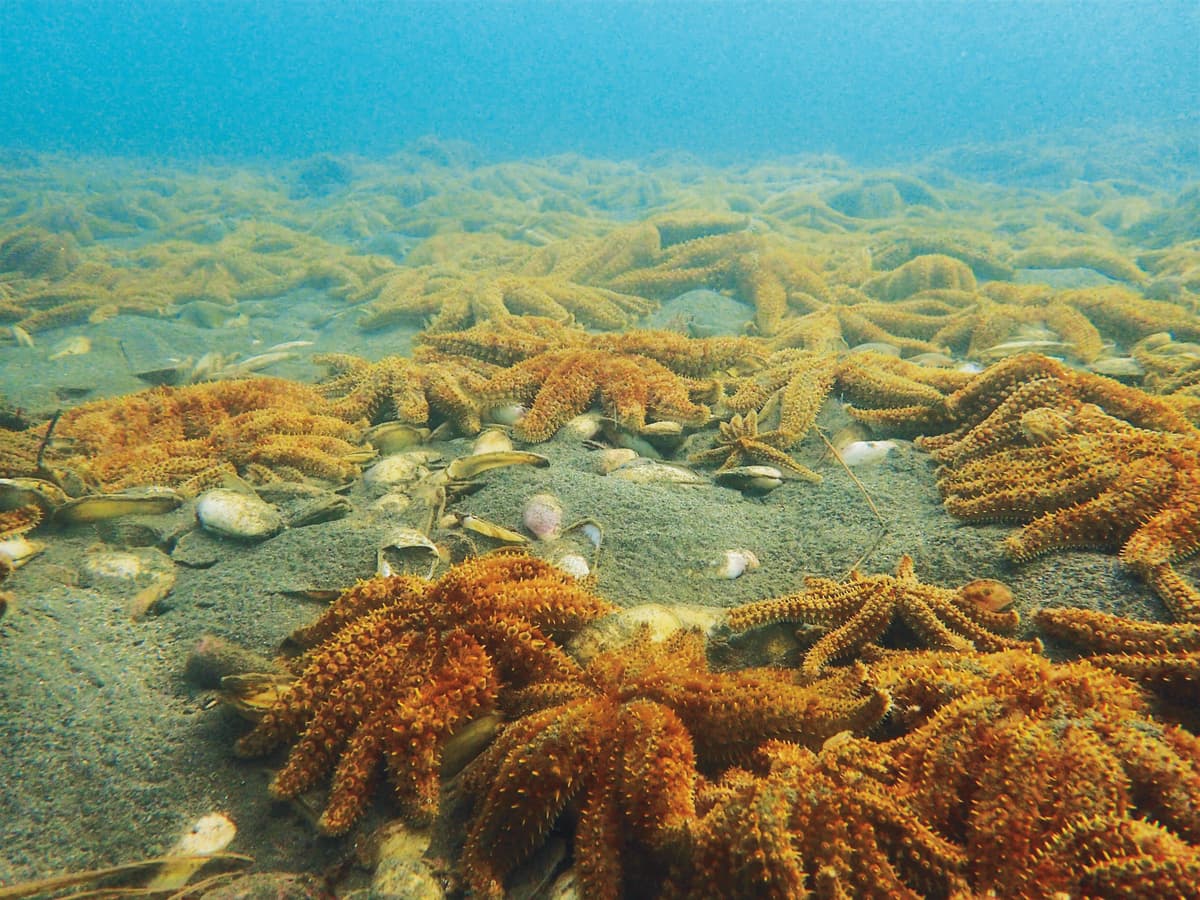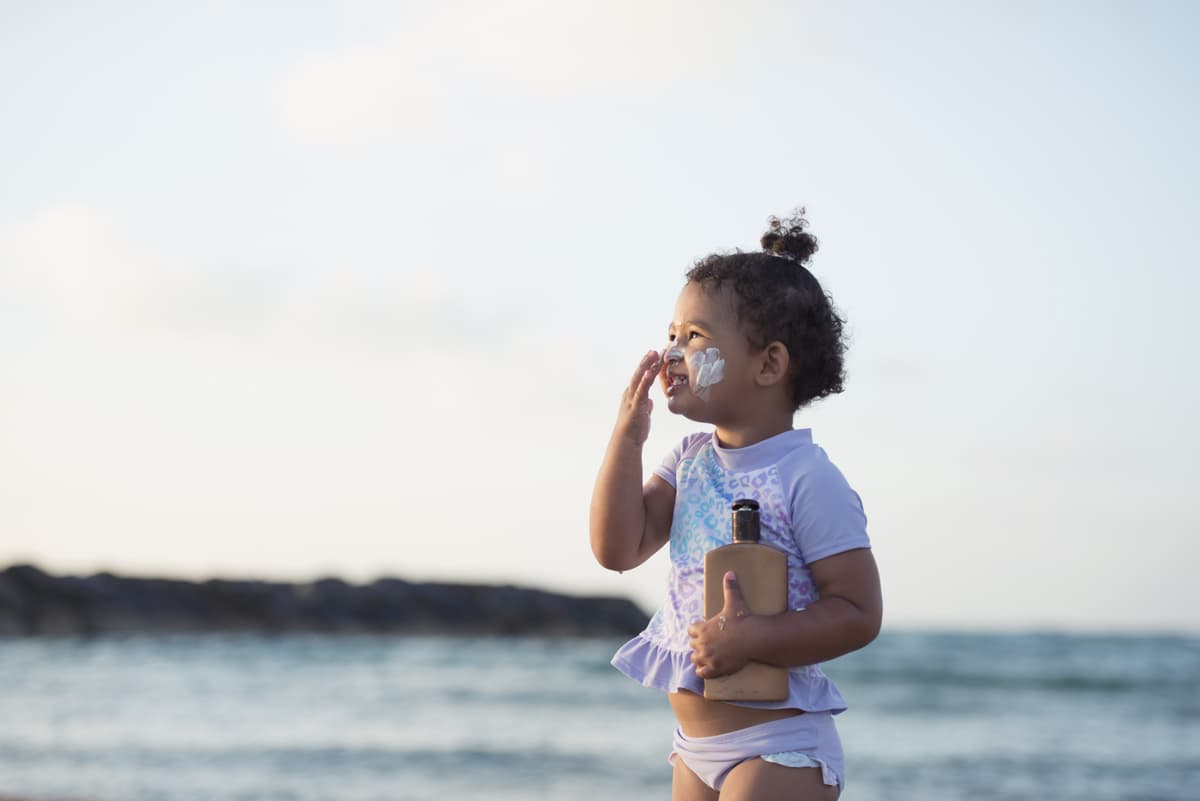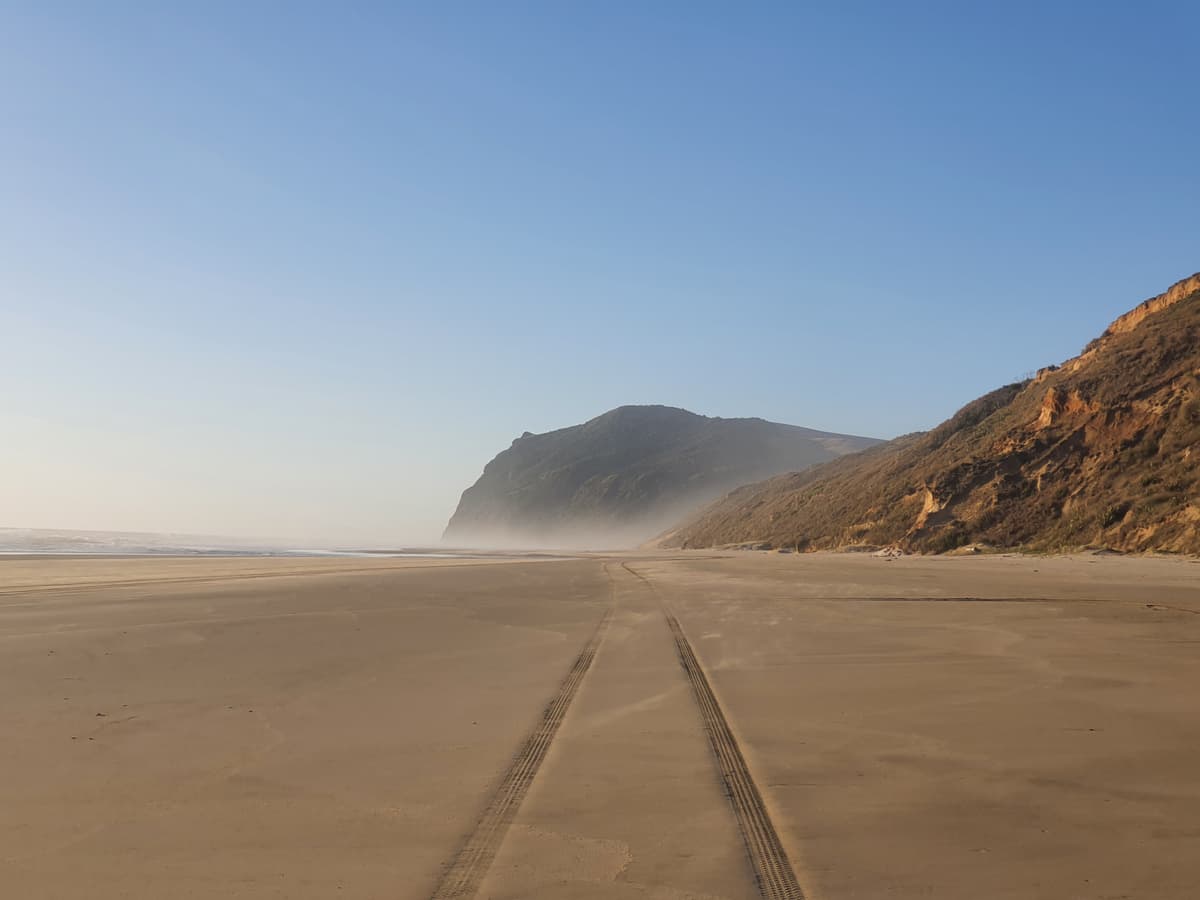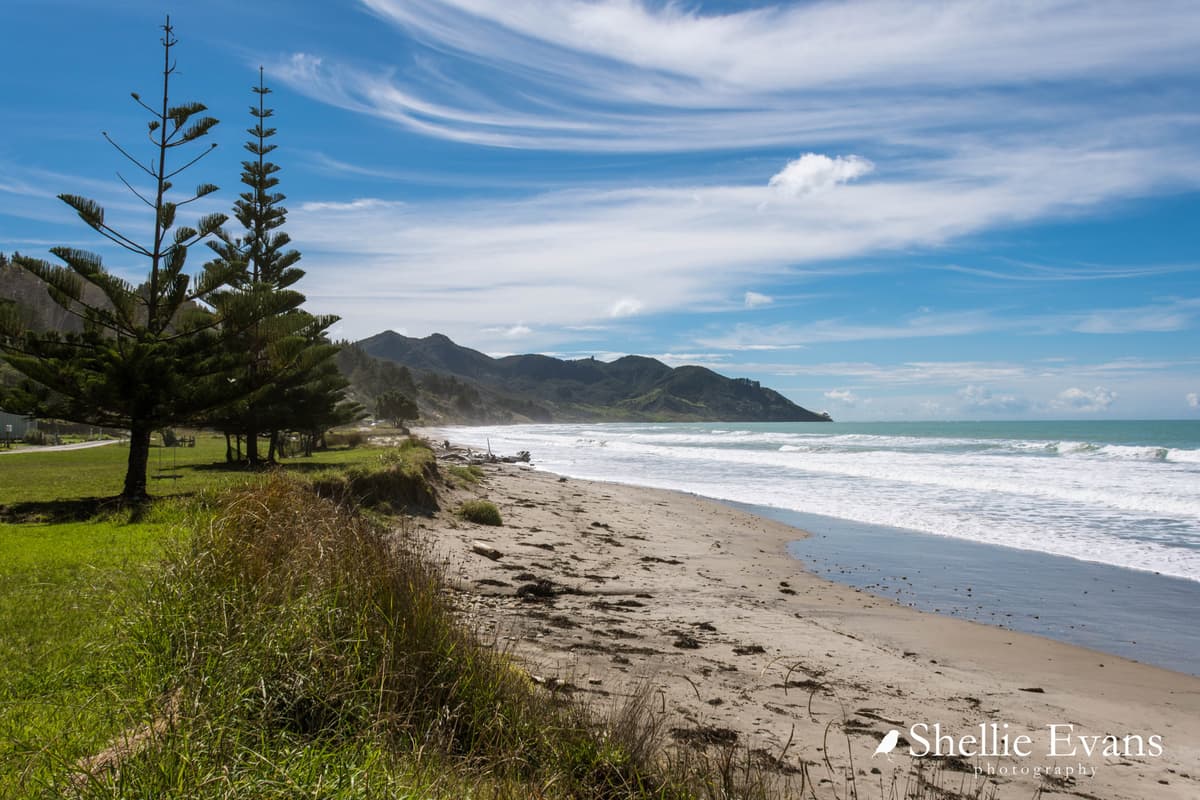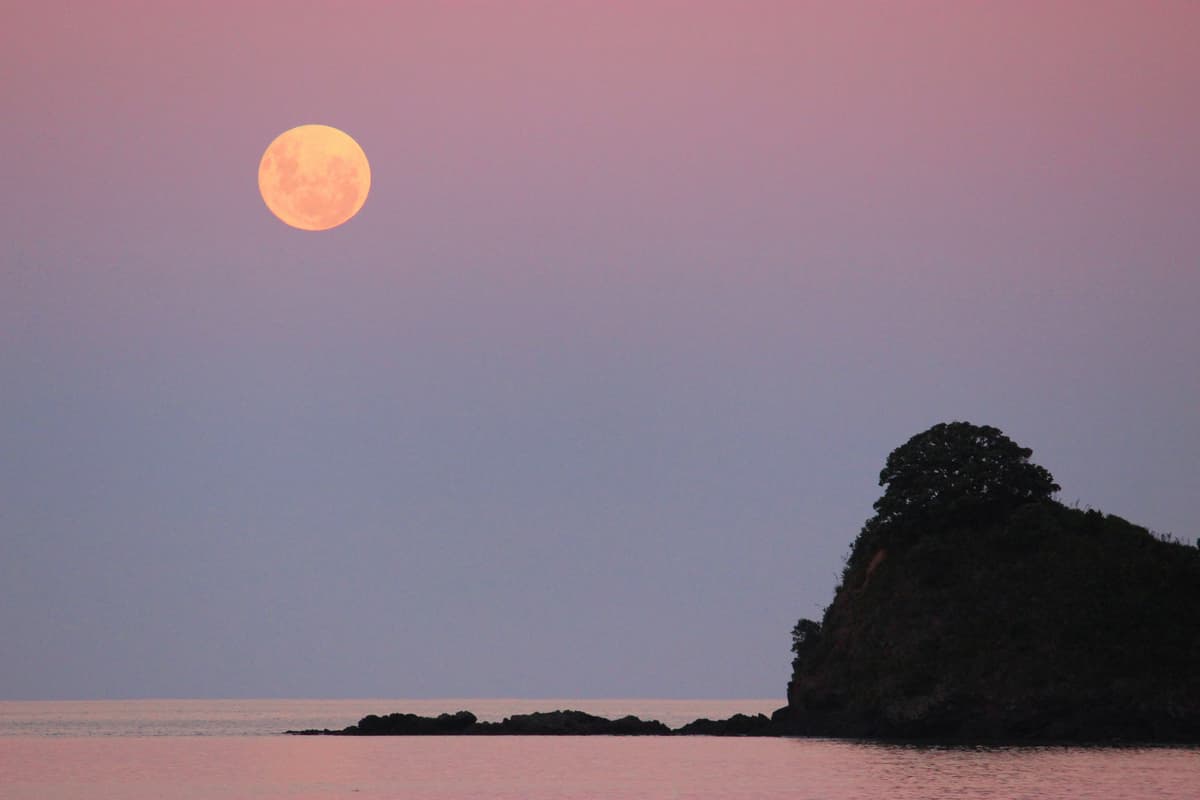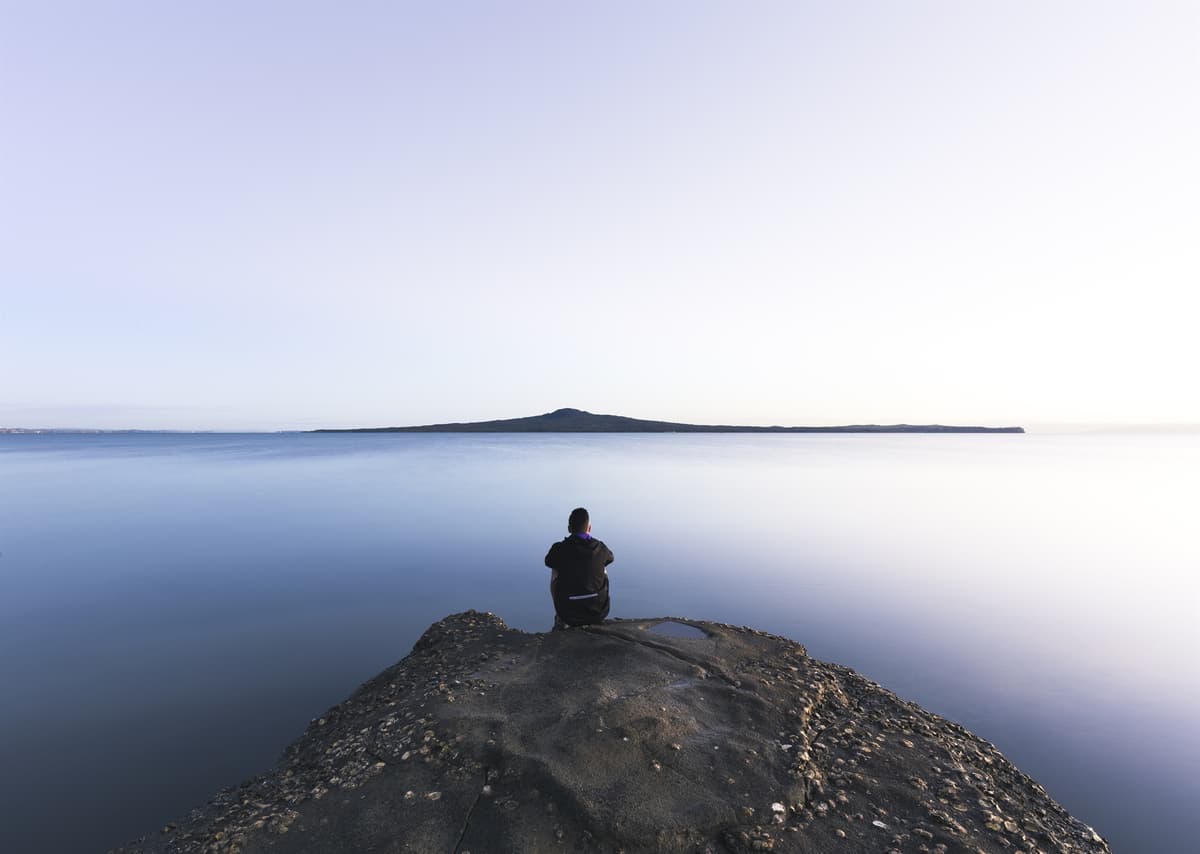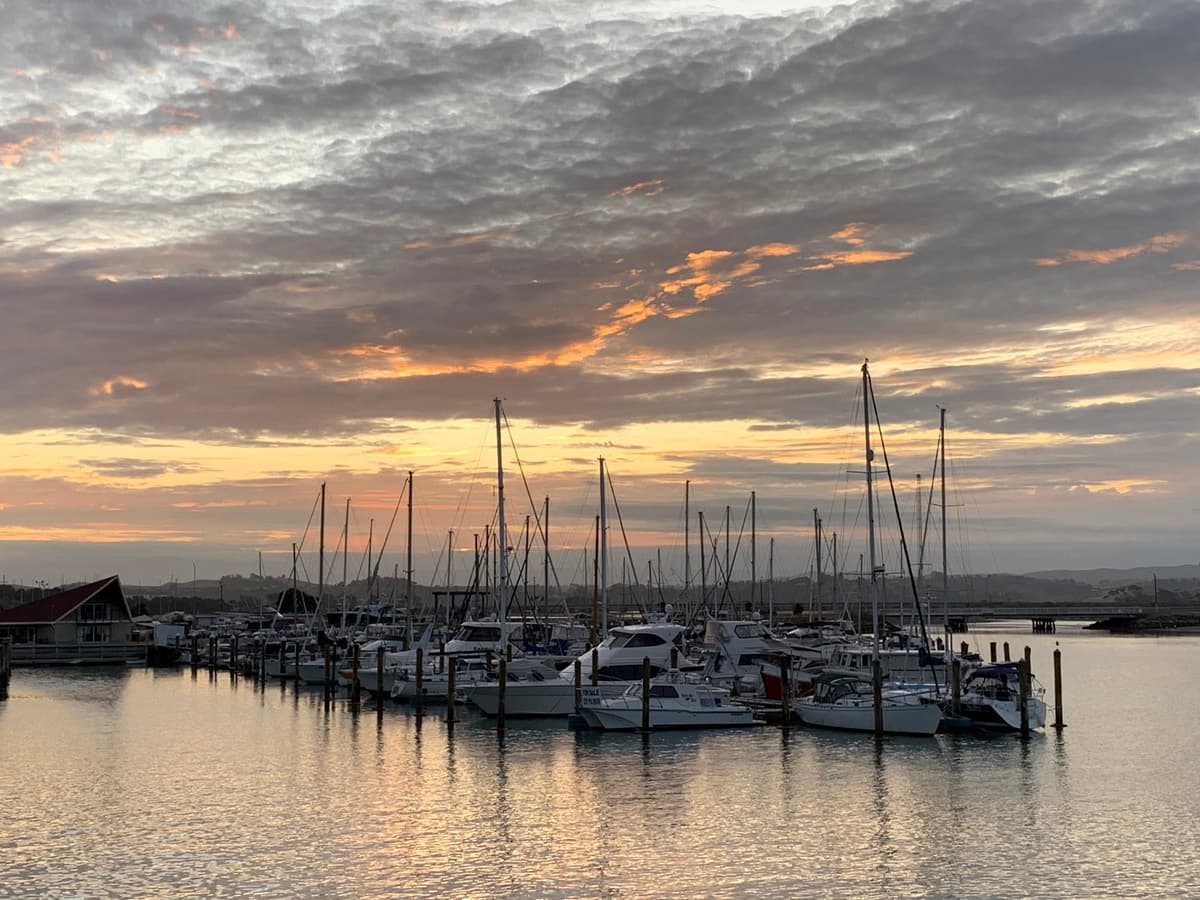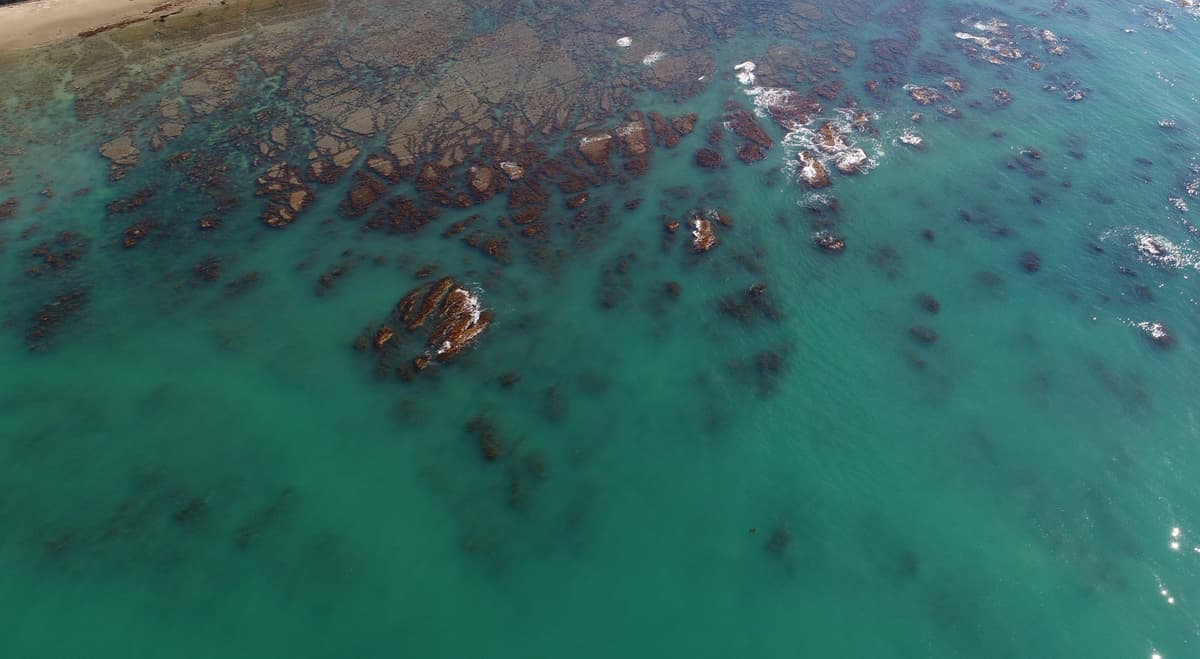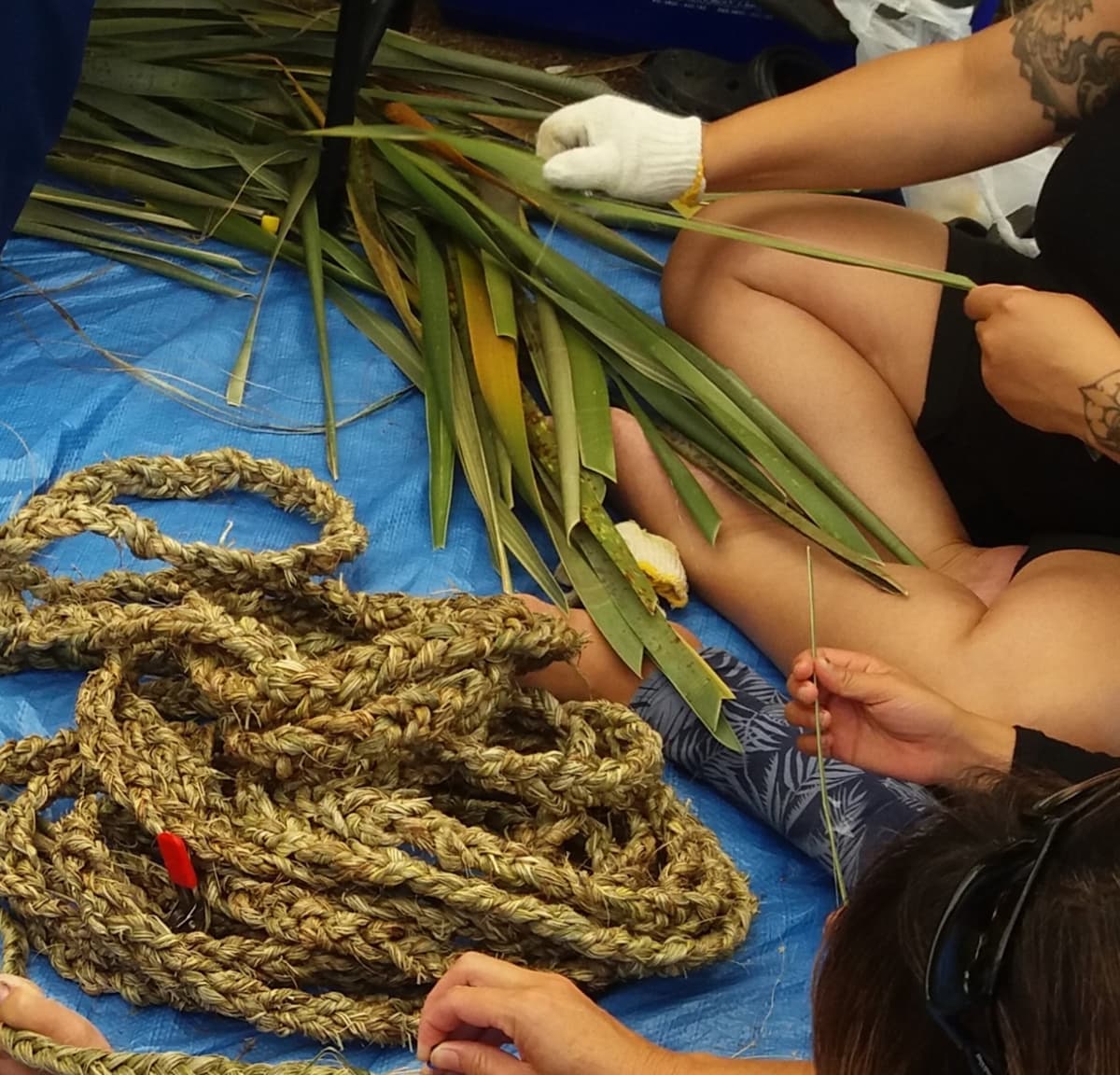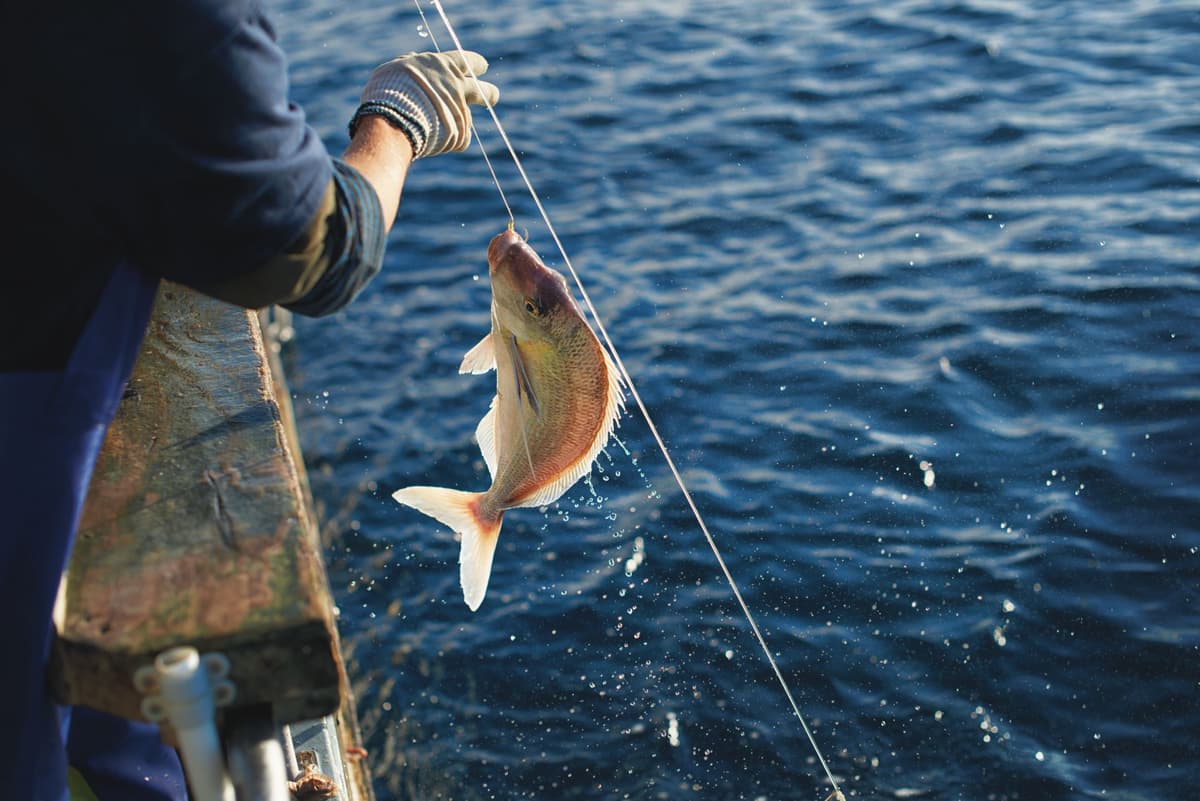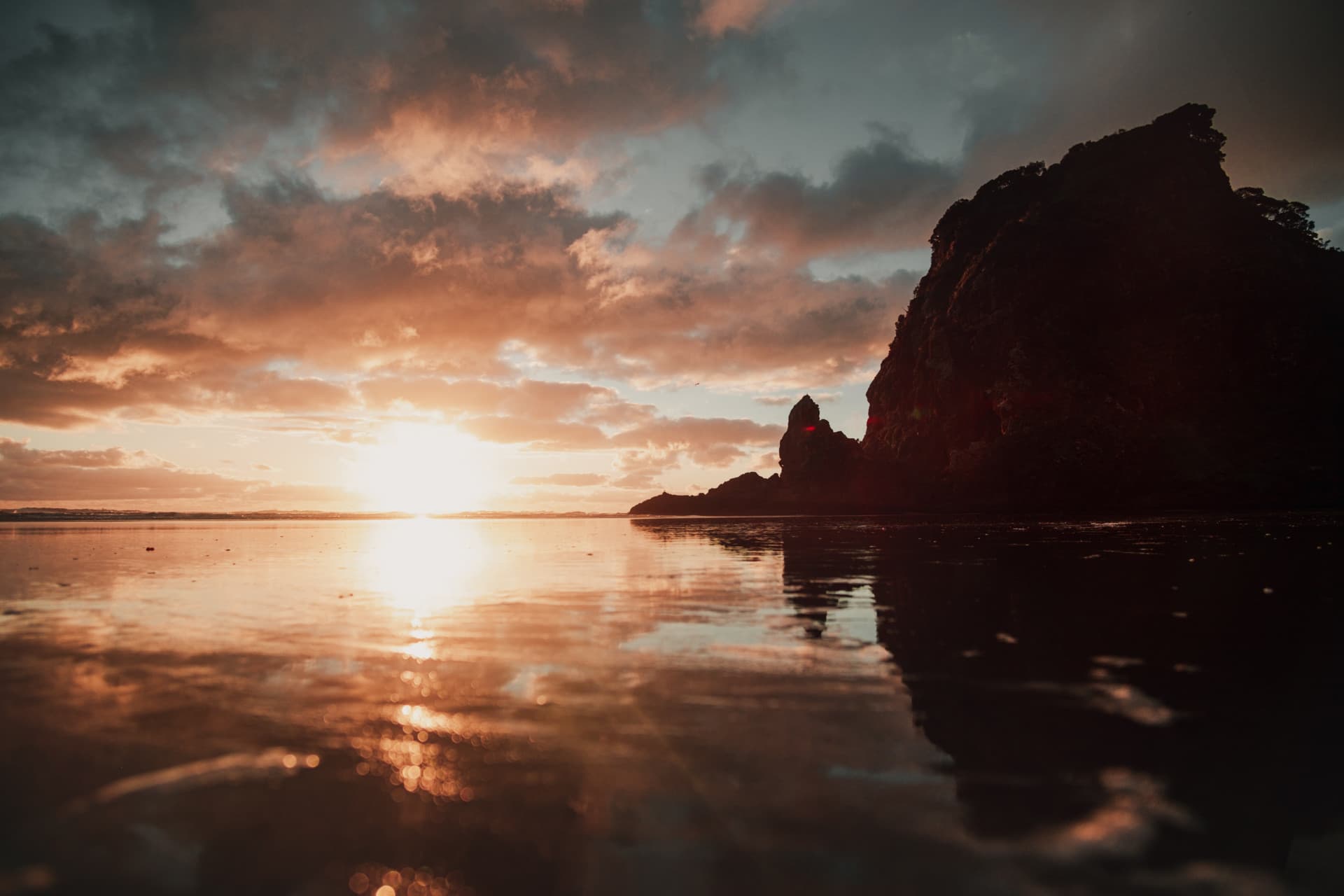

Posted on Wednesday 9 June 2021
Showcasing the importance of drawing on indigenous knowledge to improve the management of our coasts, oceans and estuaries, the NZ National Commission for UNESCO has just launched a new website, Te Tini a Tangaroa.
The website uses an online search tool to help connect New Zealanders and international audiences with ocean science projects underway in Aotearoa and the Pacific and promote the objectives of the UN Decade of Ocean Science for Sustainable Development.
The Sustainable Seas National Science Challenge has 14 research projects featured, 10 of which are led by Māori, hapū or iwi. Each project investigates ways a more holistic ocean management approach can care for the vital ecosystems and services our oceans provide.
“Having a shared resource showing the benefits of ecosystem-based management (EBM) is another step towards securing our moana (sea) as our playground, our food basket and our livelihood — for now and future generations,” says Sustainable Seas Challenge Director Julie Hall.
One of the highlights of the website is its spotlight on the importance of indigenous knowledge in ocean research. For seven years, the Challenge has brought together Māori-led or partnered projects, designed to give direct benefits to those iwi, hapū and Māori organisations involved.
According to Sustainable Seas Manahautū Linda Faulkner, the research shows why supporting a place-based and Māori led-approach to applying mātauranga Māori (Māori knowledge) is crucial to the wellbeing of our marine environment.
“There has been limited success in attempts to apply a kaitiakitanga (guardianship and protection) approach at a national level so far." explains Linda.
"Our evidence shows us kaitiakitanga occurs in place and through the relationship people have with the moana (sea)"
"As a result, we’re developing tools and resources that support and empower iwi, hapū and Māori organisations to apply kaitiakitanga in place. This in turn has been shown to support and empower the relationship between the broader community and the moana as well.”
One of the Sustainable Seas projects featured on the plaform is Te Tāhuhu Matatau, led by researcher Caine Taiapa (Manaaki Te Awanui). Designed to enable kaitiaki (guardians) of the Tauranga moana, the project is developing tools for marine decision-making. This follows on from their first research project, which discovered there are limited digital resources available for kaitiaki developed for Māori, by Māori.
Another project featured is Awhi Mai Awhi Atu, led by researchers Kura Paul-Burke (University of Waikato) and Richard Bulmer (NIWA). This looks at habitat connectivity in Ōhiwa Harbour near Whakatāne. It aims to better understand the degrading harbour and promote the recovery of the once abundant mussel reefs and shellfish.
The NZ National Commission initiative echoes the global push to protect our oceans.
While Aotearoa has over 15,000 km of coastline, its importance for solving the challenges of our times has often been overlooked. Covering over 70% of the Earth, oceans are a unique web of life that contain valuable food resources while acting as a sink for greenhouse gases.
Emma Williams
021 837 966
The vision of Sustainable Seas is for Aotearoa New Zealand to have healthy marine ecosystems that provide value for all New Zealanders. It brings together around 250 ecologists, biophysical scientists, social scientists, economists, and experts in mātauranga Māori and policy from across Aotearoa New Zealand. It is funded by MBIE and hosted by NIWA.
Sustainable Seas is one of eleven National Science Challenges. These align and focus Aotearoa New Zealand's research on large and complex issues, bringing together scientists and experts from different organisations and across disciplines to achieve a common goal.
